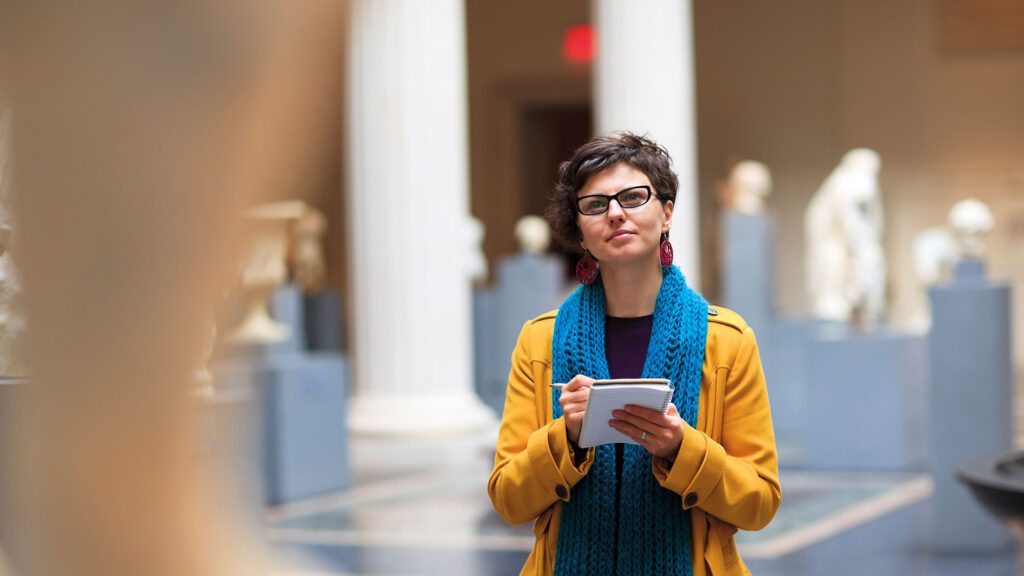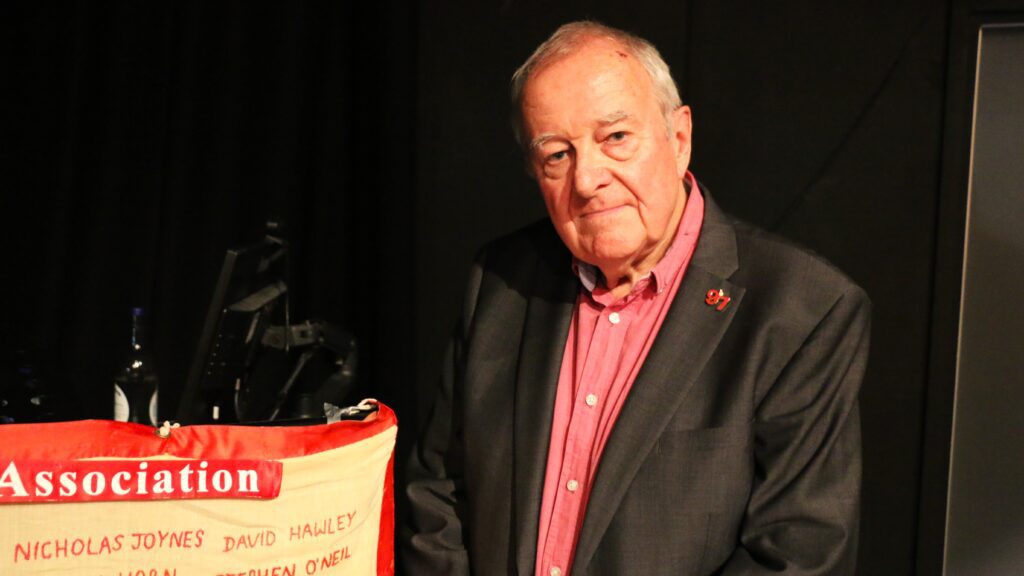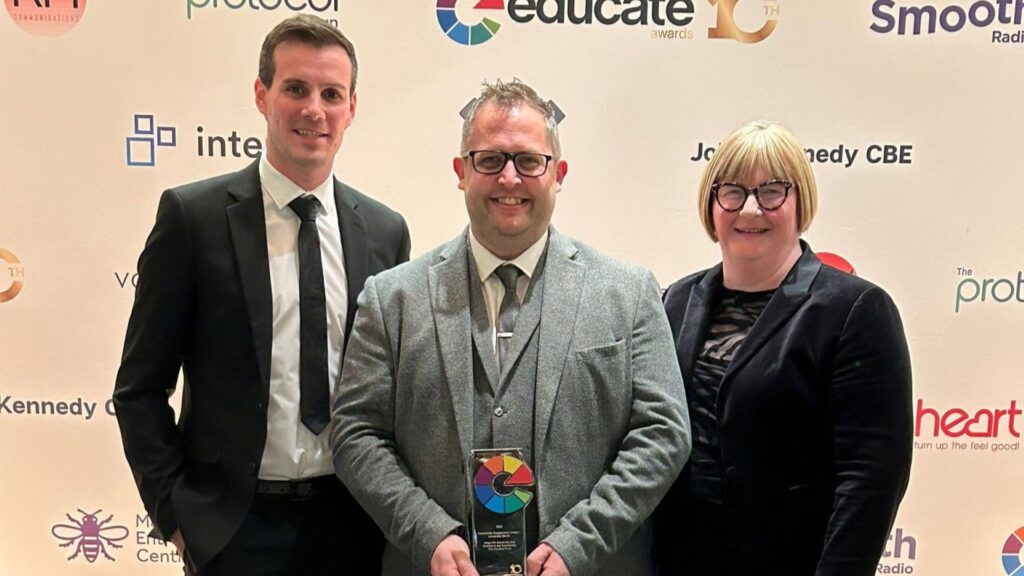
You’re interested in history. You know you want to study it at university. But you’d like some more information on what you can do with a history degree when you graduate. Sound about right?
In short, a history degree is a great way to prepare for your future. You’ll develop a range of high-level transferable skills that can be applied to lots of different careers and projects. The great thing about a history degree is that it keeps your options open.
To help provide you with some reassurances, we put your frequently asked questions to our Associate Head of Department, Dr Bob Nicholson. Bob gives his insight on what you can do with a history degree, the skills you will obtain and the ways you can enhance your employability.

What can I do with a history degree?
Many students do go on to history-related careers as researchers, teachers, curators, archivists, and other roles in the heritage sector. But the skills you’ll learn as a historian are transferable and can take you almost anywhere. Our students have gone on to careers as journalists, politicians, lawyers, civil servants, business managers, police officers, and many more. Historians are in demand for many jobs that involve in-depth research, analysing complex evidence, and communicating clear arguments.
Is a history degree worth it?
The short answer is yes, absolutely. There are loads of reasons to study a history degree at university. If you’re fascinated by the past, then you’ll never have a better opportunity to explore it in depth. You’ll be taught by leading experts in the field and experience new research as it happens. You’ll also learn the advanced skills needed to uncover and share original historical research of your own.
Studying history isn’t just about the past. It will also provide you with powerful new perspectives on the present. You’ll understand the backstory of events unfolding on the news and be able to trace the origins of ideas that still shape our politics, culture and society.
What are the key skills history students gain?
Your history degree will equip you with powerful transferable skills that are useful in a range of jobs.
You will learn how to conduct in-depth research that goes beyond a simple google search. You’ll become an expert at critically analysing evidence and figuring out what it means. You’ll also learn how to communicate all of these things clearly to a range of different audiences.

How to increase your employability on a history degree
A key way to boost your employability is to gain some experience applying your skills outside of university. You might do this through work placement opportunities on your degree, volunteering at relevant organisations, or just working on your own passion projects. I’ve taught students who have volunteered at local museums and galleries and used their skills to help research exhibitions and guide visitors. Some have honed their skills as writers through blogging and writing for student magazines and websites, while others have produced their own podcasts and YouTube videos. These experiences don’t even have to be history related – anything that helps you to hone and apply your skills will enhance your chances on the job market.
History degrees at Edge Hill University
Find out more about our BA (Hons) History degree which focuses on modern history and the modules you’ll be able to study. Alternatively, if you’re interested in exploring politics and history together in more depth, we offer a BA (Hons) History and Poltics course. Don’t forget, you can visit us at one of our open days where you can speak to Bob and other staff in person. They will answer any questions you may have and you’ll be able to see our amazing campus and facilities.
February 16, 2024


